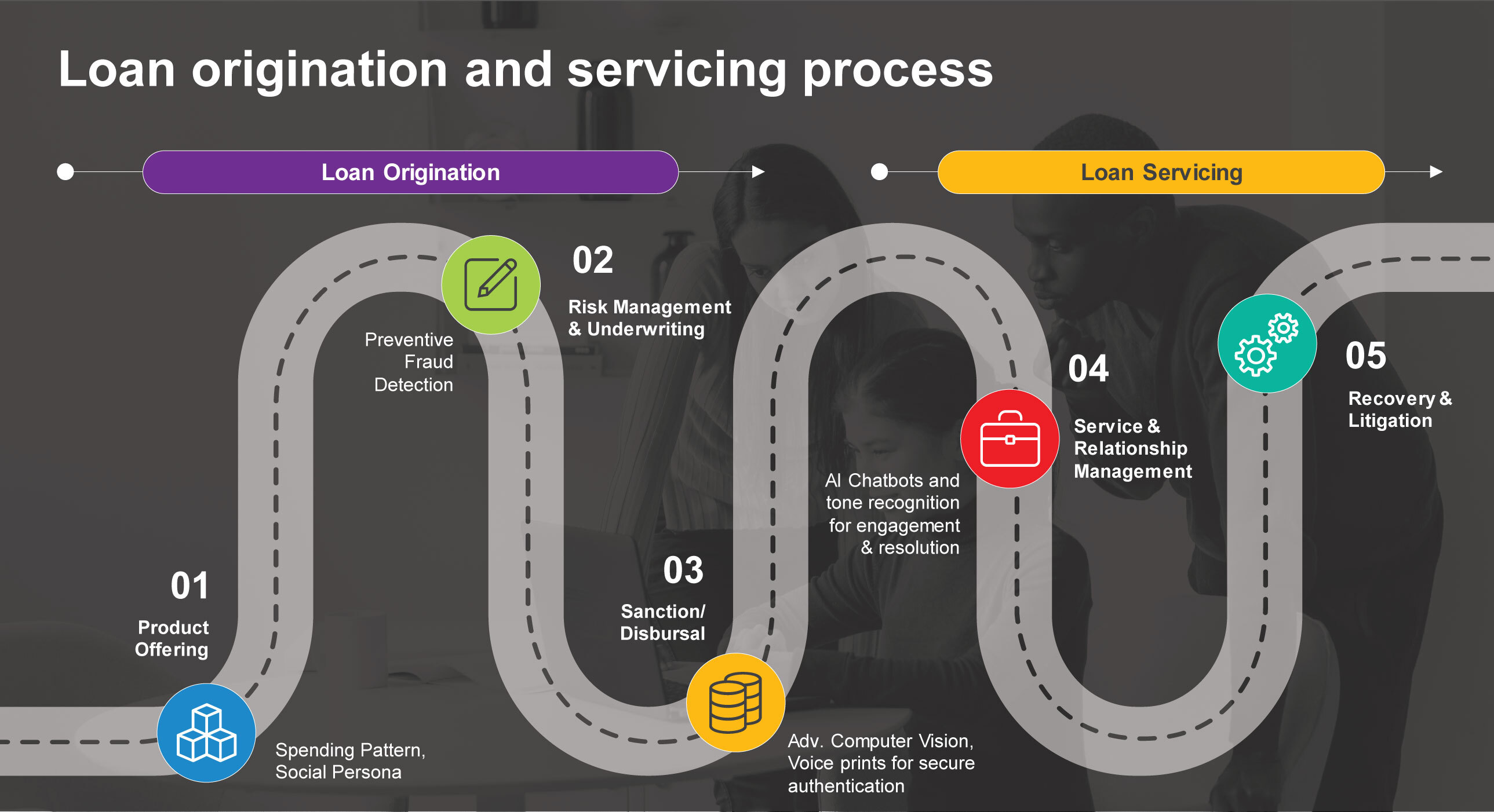COVID-19 continues to dictate new norms on how we live, work, and conduct business. Amidst fears of recession, companies globally are looking at technology to bridge the gap in reduced cash flows and accelerated growth aspirations.
Global organizations are striving to build self-run, automated, and intelligent businesses that don’t succumb to threats like COVID-19. This is an area where companies in the Middle East, even with a much smaller dollar spend on technology, are ahead of their global peers. The Middle East market has already made strides towards building Intelligent organizations and artificial intelligence (AI) and machine learning (ML) are seeing increased interest.
Powerful though these technologies are, for maximum impact, it’s important to have a clear-cut approach while embarking on AI-driven transformation journeys. Three key areas organizations should consider before investing are:
IDENTIFY & REASSESS Impactful Activities
Technology advancement has given us a unique opportunity to have an outside-in view of our business. Today, we have technologies available to dissect sentiments of our customers and business stakeholders using data from their social and online interactions. Organizations are today contextualizing external data with internal data to create models that can highlight opportunities of improvement. Data is also a powerful validator to see if the organization’s journey is in the right direction.
To make use of this data, it’s important to have an understanding of your business processes and the critical activities that influence your business growth. This helps in understanding bottlenecks and running hypotheses to see what could happen if we change these activities.
Take for example, the loan origination and loan servicing process in a financial institution. There are 5 key activities amongst several that if changed can fuel better productivity. So, if an AI engine is in place at activity 2, it can process customer data regarding financial history and propensity to pay etc. and flag potential defaulters or fraudsters. Similarly, AI-based chat bots can help improve customer service (activity 4) by either automating the transaction completely or offering sentiment-analysis based insights to agents for better customer experience(see Figure 1). Bringing technology in these areas will improve productivity and reduce cost and effort, validating investment.

Figure 1: Identifying impactful areas for technology investment in loan origination and servicing process
To identify impactful activities, organizations can use parameters like dollar savings, reduced cycle times, market differentiator etc. Many organizations also use surveys and internal employee sentiment to understand potential opportunities for improvement. Once identified, data science can help evaluate the opportunities, impact, and the consequence of change in these activities in a more scientific manner. The output of this evaluation would be a high-level estimate of the potential value that can be generated from these optimization programs.
Sample use cases where technology can make an impact on identified activities
RECALIBERATE Identified Impactful Activities
Impact assessment gives the organization a clear idea on improvement bottlenecks and potential intelligent algorithms that could positively recalibrate the business. The next, and extremely important step, is operationalizing the various improvement areas that have been identified.
Augmented intelligent algorithms coupled with machine learning capabilities and an innovation-based approach help organizations move to a steady reinventing mode. Technologies like artificial intelligence, advanced analytics, robotic process automation, blockchain etc. work hand in hand to help organizations recalibrate to this new way of working.
Many organizations run design thinking workshops along with innovation labs to ensure that the best ideas are generated and tested with adequate data to identify the most optimum mode of work. Once the approach looks feasible, it needs to be piloted, the results analyzed, and operationalized.
HUMANIZE Identified Impactful Activities
While technology plays an important role in making an organization intelligent, the humanizing factors to this journey cannot be undermined. The recalibrated environments need to act as inputs for critical decision-making and should work in a controlled environment to deliver optimum results. Change Management is a key activity that should go hand in hand with such a program. Educating and coaching various stakeholders on the technology options and working with them to identify and overcome business challenges are important factors to any of these programs.
Journey towards a new paradigm
This 3-pronged approach will help companies in the Middle East reap maximum benefits from their AI and automation programs while augmenting their human potential.
Where are you on this technology transformation journey? How do you see AI and automation shaping up in the near future? I’d love to discuss your approach. Write to me at mathew.joseph1@wipro.com
Industry :

Mathew Joseph
Business Head, Data, Analytics and AI - Middle East, Wipro
Mathew and his teams help clients build intelligent organizations by harnessing the power of data and insights. His core areas of focus are Insights & AI Strategy, Information Lifecycle Strategy, Data Consumption & Storage Strategy, and aligning Strategy to Performance Management.
Mathew comes with a rich experience across Consulting, Sales, and Program Management. He is an Engineer with a Master’s Degree in Business Management.